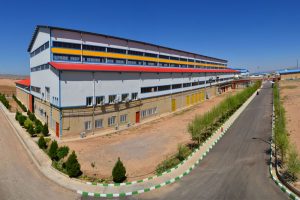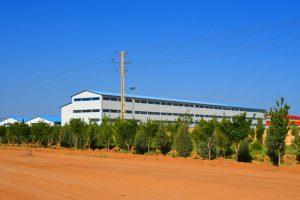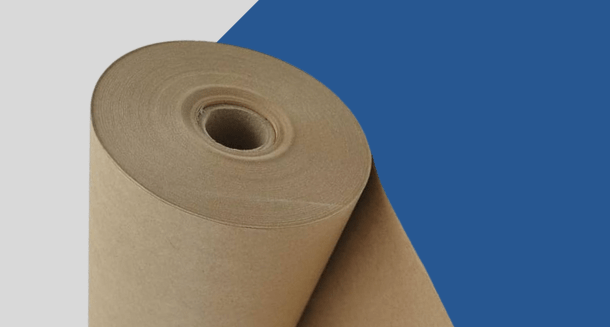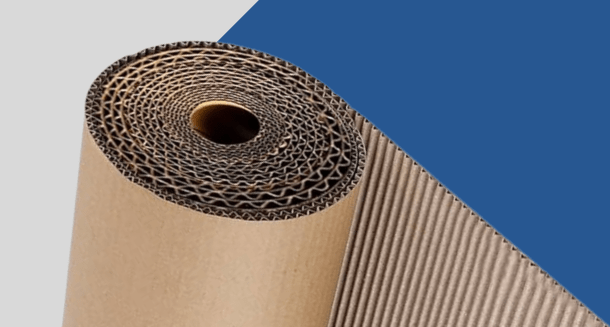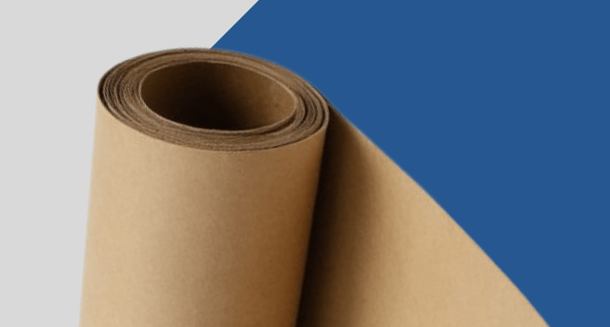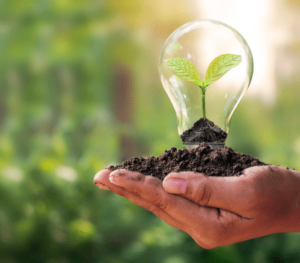About Pishgaman Paper Complex
This company, in collaboration with Bank Tejarat, commenced its operations after overcoming numerous challenges caused by sanctions, utilizing €37 million in facilities from the Foreign Exchange Reserve Fund, and an investment of 700 billion IRR from shareholders and Bank Tejarat. The factory’s products not only substitute imports but are currently exported to countries such as China, Iraq, Afghanistan, and Malaysia.
Manufacturer of various types of brown paper from recycled paper.
Pishgaman Paper Industry Factory utilizes O.C.C and N.C.C waste cartons to produce various types of packaging and kraft paper. The company’s products include test liner, kraft liner, white top, fluting, and liner paper, which are manufactured in both single-layer and double-layer formats and supplied to domestic and international markets.

Due to the use of advanced European technology at Pishgaman, the production priority is to deliver high-quality PSK brand carton surface papers and white top. This approach aims to replace imports and prevent currency outflow by offering premium products. Similarly, at Golpooneh Pars, another unit of the complex, the focus is on producing various tissue papers (facial tissues, toilet papers, carrier tissues, and paper towels) using high-quality raw materials.
Pishgaman Sanat Paper Complex, as one of the major projects in the country’s cellulose product manufacturing sector, focuses on the production of various types of packaging paper with an annual production capacity of approximately 90,000 tons and tissue paper with an annual production capacity of 20,000 tons. It is located 95 kilometers from Tehran, in the Zarandieh region of Saveh, covering an area of about 25 hectares.
All the machinery for this project has been selected based on the latest European technology, with a combination of reputable companies from Italy, Germany, the UK, and France. These machines were purchased during the peak of European Union sanctions and were installed by domestic specialists.
The use of modern equipment and advanced technologies has enabled this company to produce higher-quality products that are competitive in global markets. Innovation in production processes not only reduces costs but also increases productivity and improves the technical features of the products. Commitment to continuous research and development ensures a sustainable future for the business and meets the changing needs of customers.
This company, by directly employing over 200 people and creating indirect job opportunities in the supply chain, plays a significant role in reducing unemployment and improving social welfare. The investments made in this project not only boost domestic production but also increase revenue generation for underprivileged areas. Supporting the local workforce and developing infrastructure are also other positive economic outcomes of this activity.
By producing high-quality brown paper and meeting the needs of domestic industries, this company plays an important role in reducing dependency on imports. This not only prevents currency outflow for imports but also contributes to strengthening the country’s economy. Domestic production in this sector provides a foundation for national self-sufficiency and reduces the country’s vulnerability to economic sanctions.
Paper production from recycled materials is an environmentally friendly process but requires adherence to strict environmental standards. This company, by complying with national and international regulations, has designed its production processes to minimize negative environmental impacts. Efforts include wastewater treatment, waste management, and pollution reduction. Adhering to these principles not only enhances the brand’s credibility but also ensures the long-term sustainability of production operations.
Pishgaman Industrial Complex, advanced technology of the European Union: Italy, France, UK, Germany.
Yes, the products of this company, utilizing advanced technology and high-quality recycled materials, meet the necessary standards to compete in international markets. Exports to various countries, including China, Iraq, Afghanistan, and Malaysia, demonstrate the high quality and competitiveness of our products.
For purchasing products or collaborating in exports, you can contact us through the phone numbers listed on the company’s official website or the “Contact Us” section. Additionally, our customer relationship management system is ready to promptly review and respond to your needs and inquiries.
This company is committed to fully complying with environmental standards and regulations. The production process is designed to use recycled materials, treat wastewater, and minimize pollutant emissions. Through these measures, we aim to reduce the negative impact on the environment and contribute to sustainable development.





With the growing trend and development of industrial areas, including industrial parks, special economic zones, industrial, and commercial areas in the world and Iran, one of the most urgent issues and needs that arises is the attention to creating open and green spaces in these areas. These spaces are considered from various perspectives, and several reasons have been provided for the necessity of constructing these spaces, some of which are as follows:
Attention to environmental issues, preservation of natural resources, creation of green spaces for various functions such as ecological, recreational, separating spaces, creation of surrounding green environments, and establishment of boundaries with green spaces, development of a green hierarchy and body along pathways, consideration of social and psychological factors, aesthetics, addressing recreational needs, and creating suitable environments and beautiful landscapes are some of these reasons.
In general, by considering landscape design principles and also taking into account the capabilities and characteristics of each design and area, it is possible to integrate open and green spaces with built environments. This approach not only organizes and beautifies these landscapes but also contributes to reducing environmental pollution in industrial areas.
Pishgaman Paper Industry’s factory, which produces various types of packaging and kraft paper from O.C.C waste cartons, takes steps to prevent environmental pollution in two ways, due to the nature of its processes and the use of paper and cardboard waste:
Firstly: Due to the use of waste paper and cardboard, it has a positive impact on reducing pollutant waste in the environment. By utilizing a polluting material as a raw material, it not only contributes to the environment but also generates added value.
Secondly: By using cellulose fibers from paper and cardboard waste as raw materials, a step is taken to reduce the consumption of plant-based cellulose fibers (especially from forests, which are the fundamental source of oxygen in the environment).
Given the importance of this issue and the management’s perspective on creating green spaces within the complex, every year, a large number of saplings from native tree species resistant to the region’s climatic conditions are planted in the late months of the year, during the tree planting season, thus expanding the green space area.
